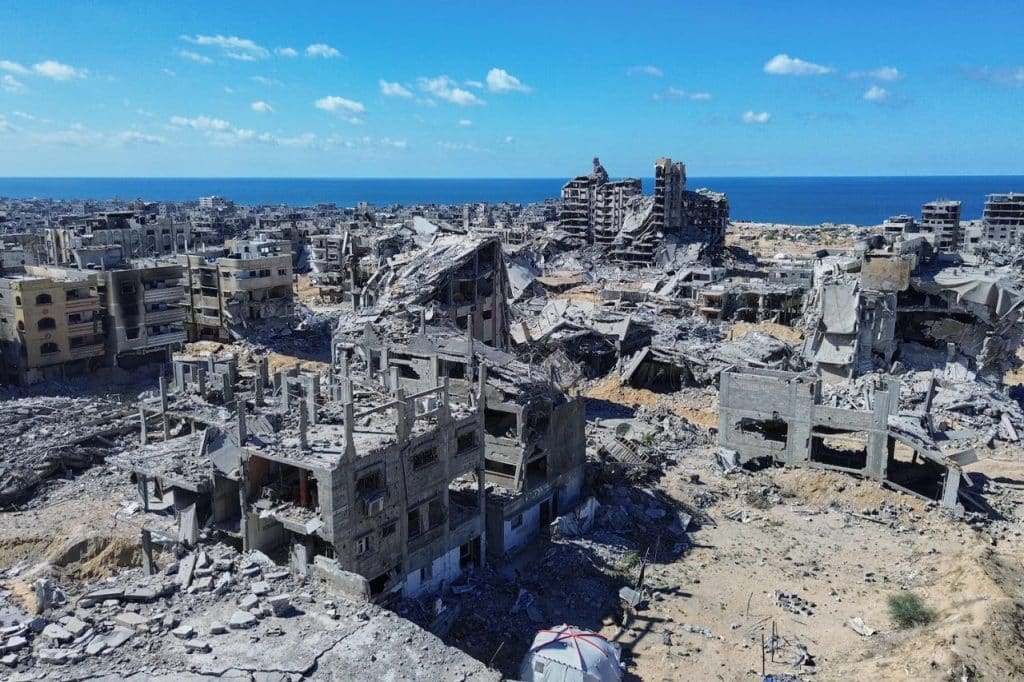Political analysts: Netanyahu has no desire to implement the second phase of the ceasefire.
The unprecedented escalation of Israeli attacks on Gaza since the ceasefire and prisoner exchange has raised many questions about Tel Aviv’s motives and goals. Analysts believe that the escalation of Tel Aviv’s attacks is more of a strategy than a reaction to the alleged violation of the ceasefire.
Analysts also emphasize that the reason for these moves by the Israeli army is domestic political pressure on Prime Minister Benjamin Netanyahu.
A professor of Middle East studies at the University of Haifa and an expert on Israeli affairs said: “Netanyahu, especially with the approaching party elections, is seeking to keep the war situation inside the occupied territories burning, and this is in line with his political interests.”
“Mahmoud Yazbek” added: “Israeli attacks on Gaza are not in line with the scale of the security incident that occurred in Rafah, especially since Hamas has not claimed responsibility for this security incident.”
He continued: “Netanyahu is seeking to exploit the issue of returning the bodies of Israeli prisoners, especially since everyone understands that returning some of these bodies is not possible. These moves by Netanyahu are aimed at avoiding moving to the second phase of the ceasefire agreement.”
On the other hand, “Ahmed Atawunah,” director of the Istanbul-based Center for Political Perspectives, said: “The current policy of the Israeli regime towards Gaza is similar to the policy that this regime is pursuing towards Lebanon, and it continues its attacks under various pretexts and exploits every incident to justify new attacks.”
He added: “All evidence proves that the Netanyahu cabinet is seeking to violate the ceasefire and that this pattern of escalating tensions will be a form of the next phase.”
Meanwhile, “Ebrahim Farhat,” a political analyst on the Zionist regime’s goals in escalating attacks, said: “Netanyahu is seeking to postpone the second phase of the ceasefire agreement to ensure continued pressure on Hamas and the Palestinian people.”
He added: “The issue of elections in Israel is also on the agenda, and the American side has noticed the message of Tel Aviv’s escalation, especially since the domestic pressure on Netanyahu has eased and he does not want to make any concessions regarding Trump’s plan.”
On the other hand, “Thomas Warrick,” a former official in the US State Department, spoke of Washington’s efforts to ensure that the parties adhere to the agreement.
Al Jazeera continued: “Experts emphasize that the future of the ceasefire agreement depends on Israel’s interaction with the mediators and the role of the US, especially regarding the opening of the crossings and the possibility of moving to the second phase of the agreement, which requires clear security and political arrangements.”

